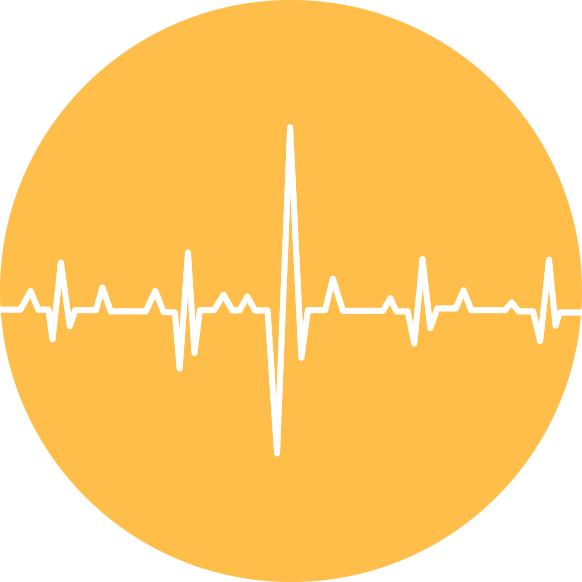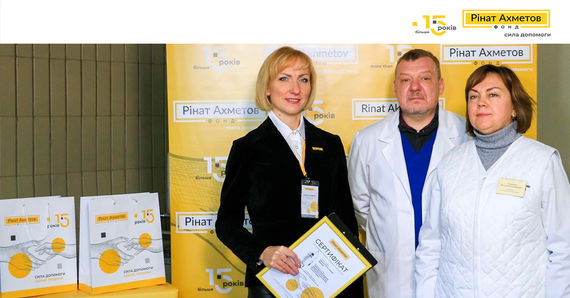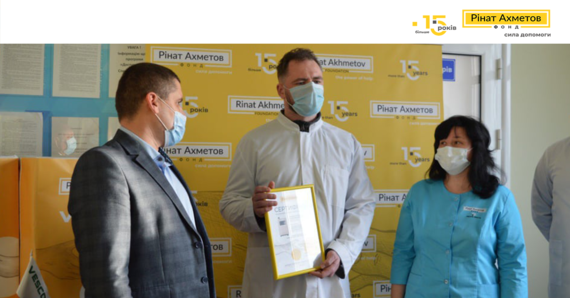Ask the Doctor: How to Restore the Nervous System After the Coronavirus
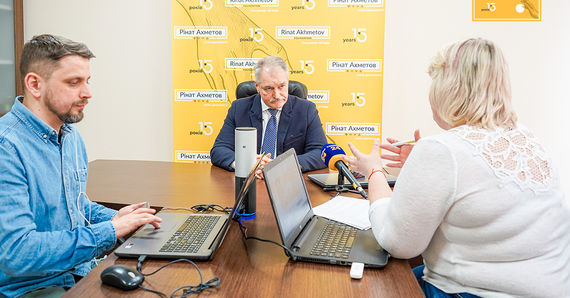
A new guest of the project Ask the Doctor of the Rinat Akhmetov Foundation was Oleh Chaban, a Board certified psychiatrist, a Doctor of Medical Sciences, a professor, the Head of the Department of Medical Psychology, Psychosomatic Medicine and Psychotherapy of the Medical and Psychology Faculty of Bogomolets National Medical University, and the President of the Ukraine Psychosomatic Medicine Association.
This is the twentieth expert in the series of online broadcasts about COVID-19. Earlier, Borys Todurov, a cardiac surgeon, a professor and the director of the Heart Institute, Yevhen Komarovskyi, a popular paediatrician of the country, Oleksandr Zaika, an immunologist of the Public Health Centre of the Ministry of Health, Serhiy Dubrov, the President of the Association of Anaesthesiologists of Ukraine, and other leading experts answered the audience's questions under the project Ask the Doctor. About 5 million people have become the viewers of the online project.
‘For more than a year, Ukraine has been fighting the COVID-19 pandemic. Many people have had the coronavirus disease and now want to understand how to counteract its consequences. In addition, new information about the virus strains and new manifestations of the disease appears almost every day. The topic of prevention and the ability to protect our neighbours and ourselves is still at the top of the agenda. In the framework of the online project Ask the Doctor of the Rinat Akhmetov Foundation, answers to all these questions come from experts whom we can trust,’ said Yuliia Yershova, Chief Communications Officer of the Foundation.
The psychiatrist Oleh Chaban works with COVID-19 patients in intensive care units, and gives consultations to people in the post-Covid period. He says that about 30% of individuals with the coronavirus suffer from depression.
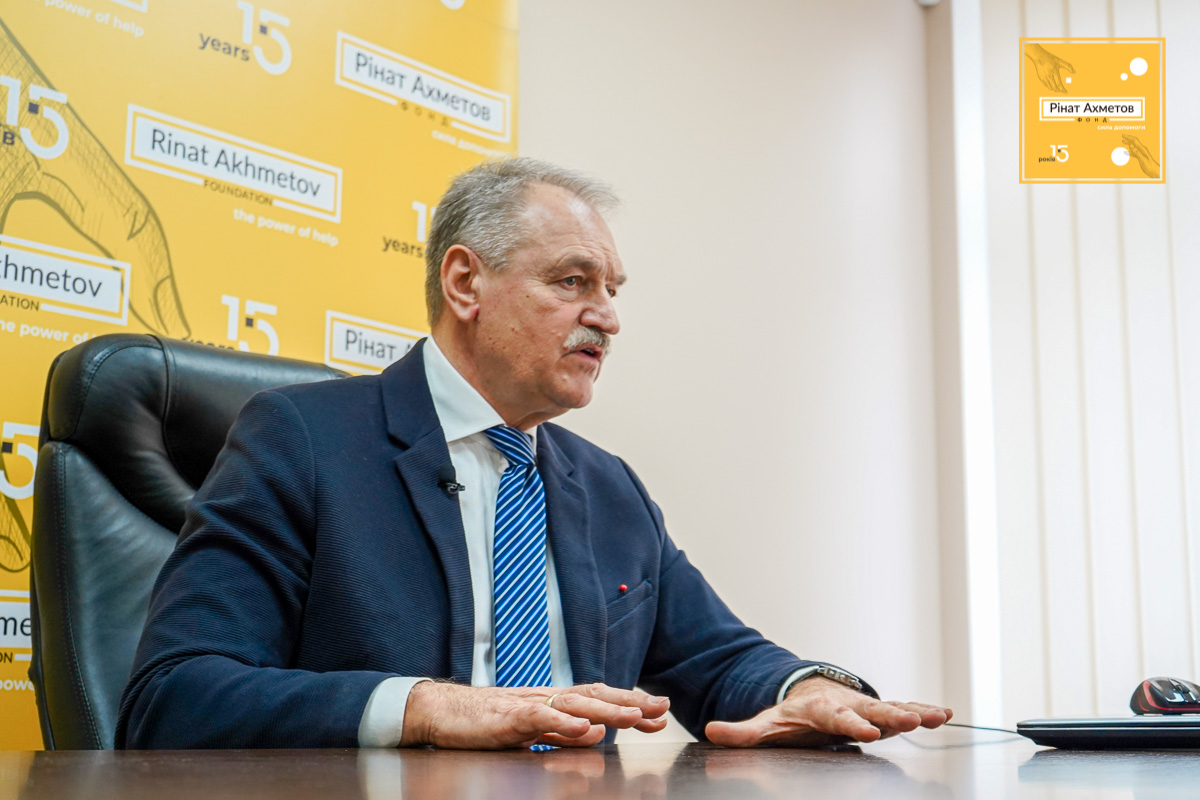
‘Disorders are associated with both fear and the disease itself. Anxiety, lack of sleep, constant severe pain that pain relievers cannot cope with. Severe depression lasts 2 weeks or more and leads to a lost meaning and pleasure of life. It can even cause some suicidal thoughts,’ says the doctor.
During the pandemic, psychiatrists also deal with people who suffer from a post-Covid syndrome. This includes a state of panic, weakness and fatigue, as well as sudden mood swings. According to Oleh Chaban, the lack of timely treatment for such disorders means higher risk of death in the next five years.
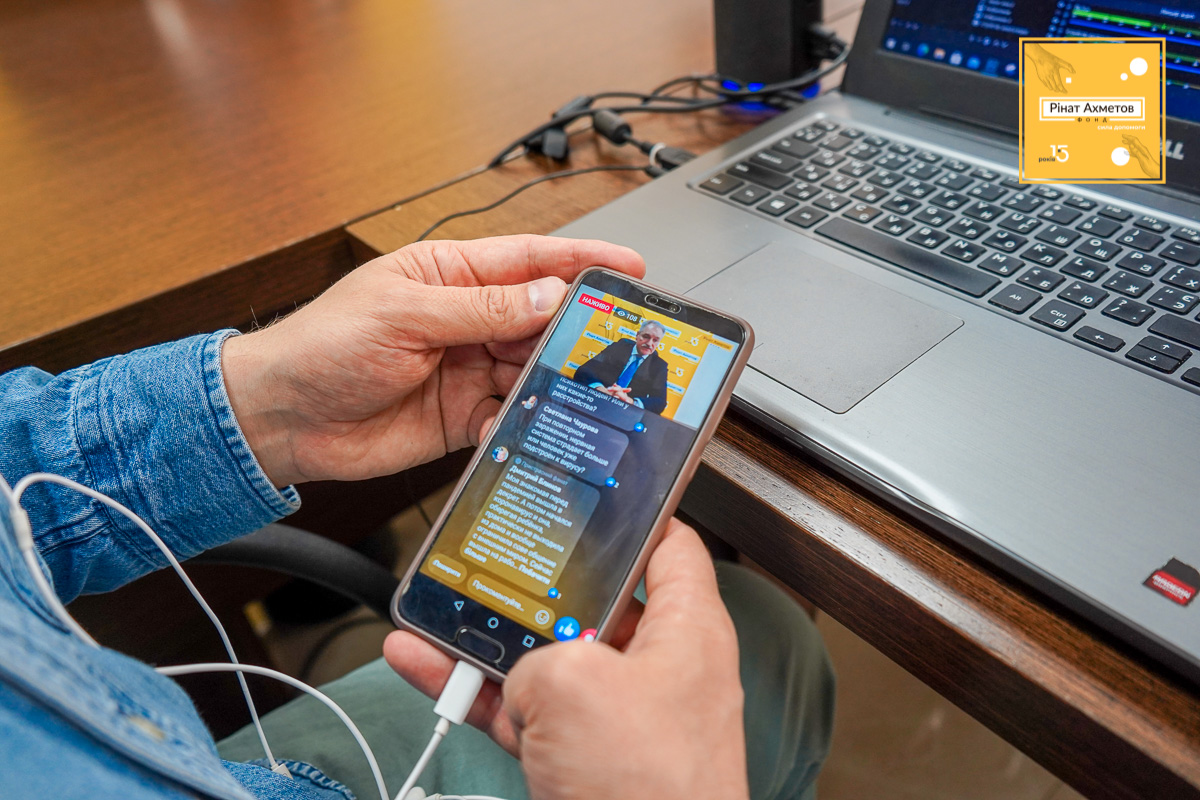
‘COVID-19 is not just a biological, but also a mental challenge that needs to be addressed. Family members, relatives and specialists need to be aware of it. Patients should receive psychotherapeutic and psychiatric support,’ the expert notes.
For people who have recovered after the coronavirus or have been in a confined space for a long time, the doctor recommended some simple practices: to communicate with others, to take care of their good appearance, to make plans for the future and help others. This will make it possible to keep the brain in good shape and reduce the load on the nervous system.
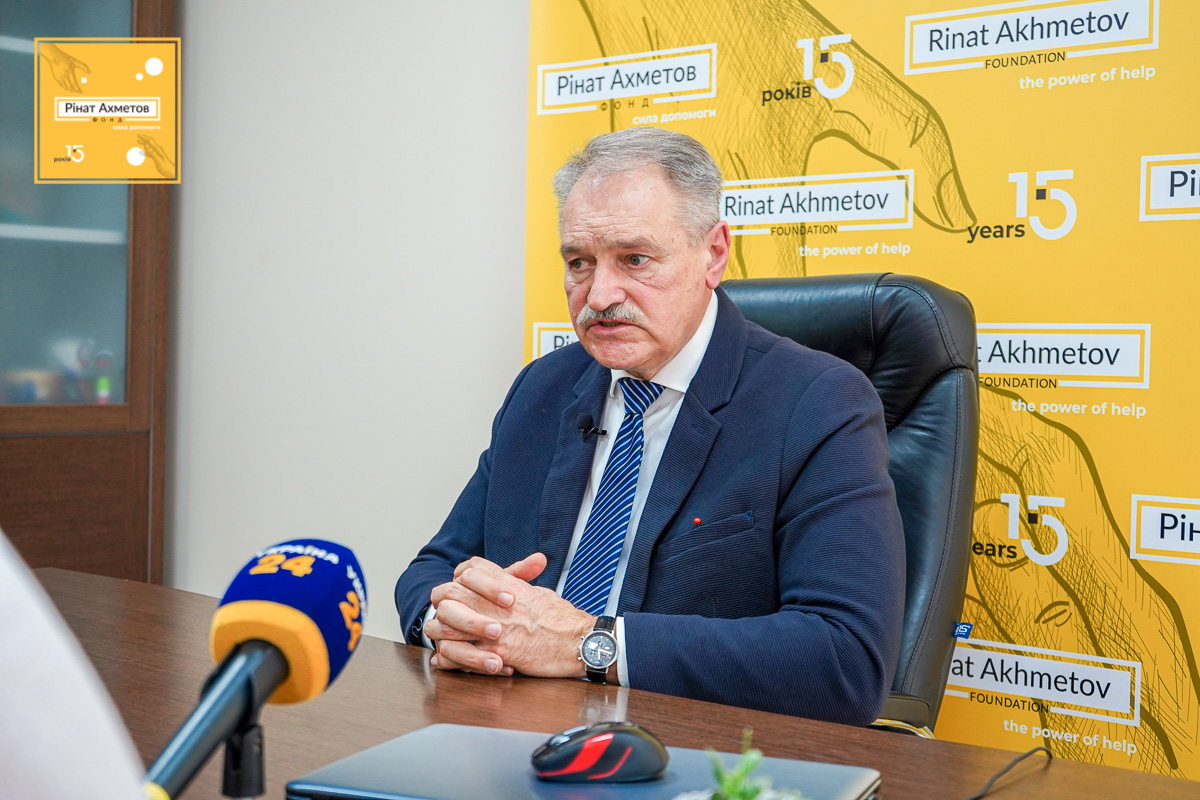
‘The project Ask the Doctor of the Rinat Akhmetov Foundation brings a positive element that we, doctors, strive to implement in practice. If people begin to fulfil at least 10% of all our recommendations and guidelines, they have a positive effect on mental health and on their body,’ said Oleh Chaban.
Recordings of the broadcasts with healthcare experts are available in the Rinat Akhmetov Foundation’s accounts on Facebook and YouTube. Ask the Doctor initiative is being implemented within the framework of the project Fighting COVID-19 in Ukraine. It is the largest, most systematic and widest scale private initiative aimed at helping public healthcare facilities in the fight against the coronavirus. Within the framework of the project, the Foundation donated more than 200,000 units of personal protective equipment and consumables, 337,000 rapid COVID-19 tests and more than 200 ultra-modern lung ventilators.
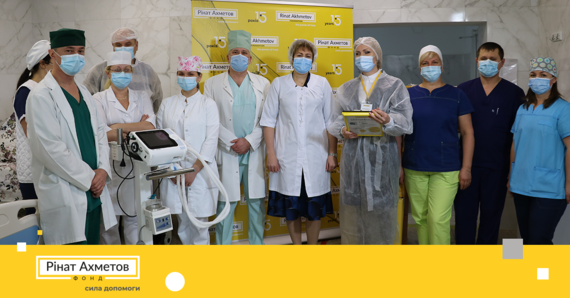.png?content_type=image%2Fpng&disposition=inline%3B+filename%3D%22Zaglavnaya+%25281200h628%2529.png%22%3B+filename%2A%3DUTF-8%27%27%25D0%2597%25D0%25B0%25D0%25B3%25D0%25BB%25D0%25B0%25D0%25B2%25D0%25BD%25D0%25B0%25D1%258F%2520%25281200%25D1%2585628%2529.png)
